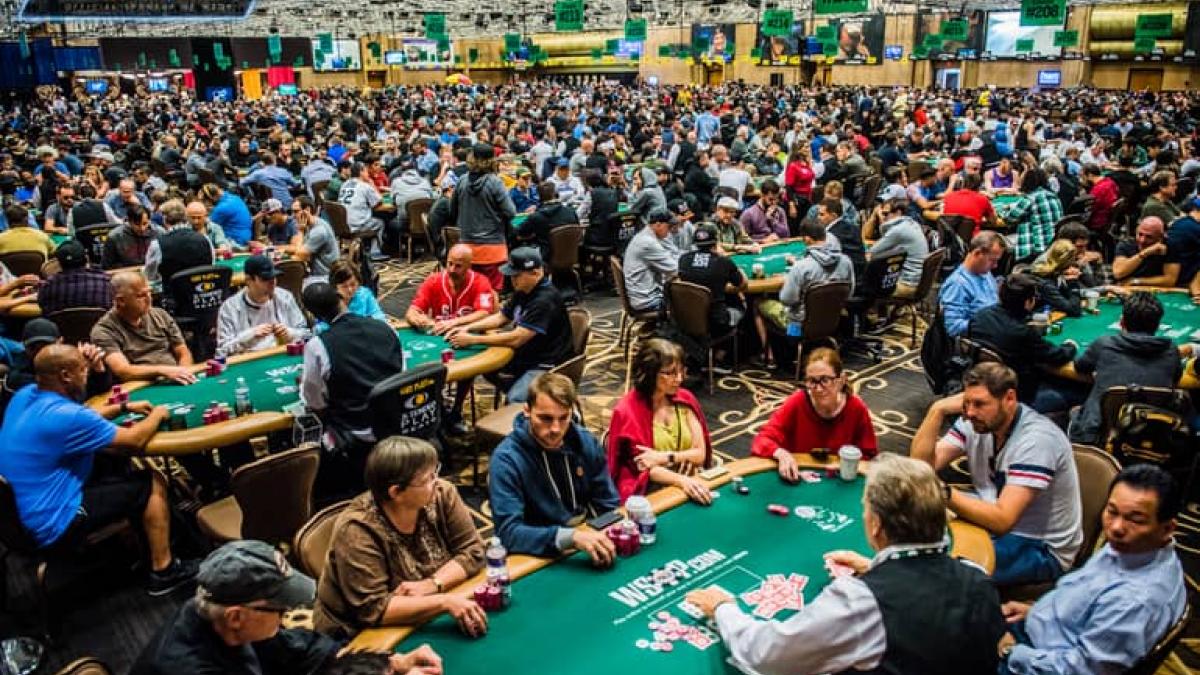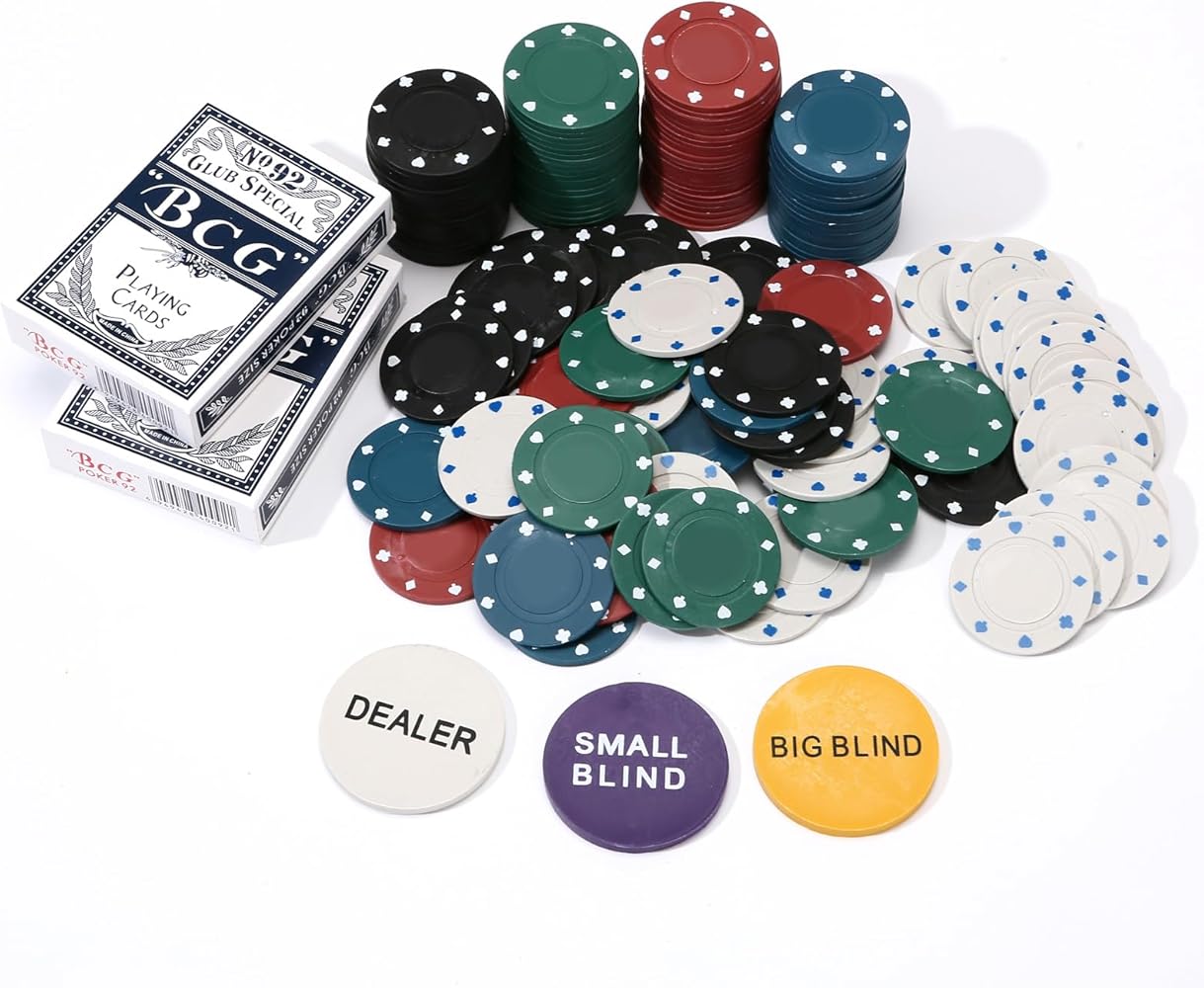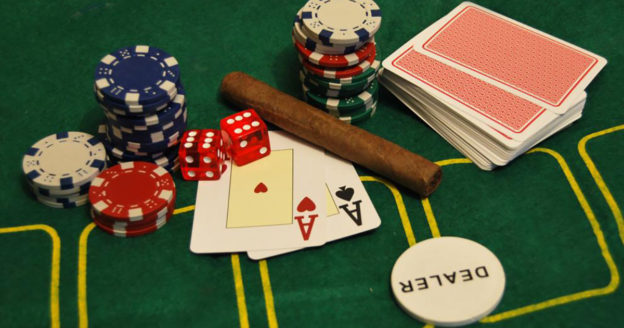The World Series of Poker boasts a long and celebrated history, drawing in millions of participants annually and evolving over time into a cultural phenomenon.
Beginning as a $5,000 buy-in tournament in 1970, this tournament soon evolved into one of the greatest spectacles in professional poker history. Over four decades, its popularity increased exponentially.
History
The World Series of Poker first debuted as a cash game series held at Binion’s Horseshoe Casino in Las Vegas. Held in an alcove roughly equivalent to one hotel room size, this inaugural World Series began its journey.
In 1971, the World Series of Poker hosted its inaugural Main Event tournament – a winner-take-all contest with an entry fee of $5,000.
Within months, the World Series of Poker expanded to encompass various forms of play such as seven-card stud, Omaha high-low stud and Texas hold’em.
WSOP also offered satellite tournaments, providing amateur poker players an opportunity to compete against some of the greatest poker players worldwide and earn themselves an invitation into the main event, while also introducing newcomers to this legendary series of poker.
Formats
Poker is an engaging competition requiring high levels of skill. Additionally, this thrilling sport provides opportunities to win huge amounts of money!
WSOP has grown from its humble roots in 1970, gathering only four gamblers together, into one of the most beloved tournaments worldwide. Now featuring multiple casinos around the globe and hosting thousands of participants from different nationalities each year.
At its inception, the World Series of Poker did not feature a formal tournament format but instead featured several cash games such as five card stud, seven card stud, deuce to seven low ball draw and razz.
After accountant Chris Moneymaker won the Main Event at WSOP 2003, media attention and mainstream audiences increased significantly. Millions were suddenly exposed to seeing that an amateur could compete successfully in major poker tournaments.
Prizes
The World Series of Poker (WSOP) is the largest and richest poker tournament ever held, offering an array of prizes such as bracelets and rings to winners.
The Main Event, a $10K buy-in No Limit Hold’em tournament held near the conclusion of each WSOP series and beginning early July, is one of poker’s premier and sought-after events. This year’s prize pool for it was second only in history of WSOP!
Norwegian poker pro Espen Jorstad won a staggering $10 Million at this year’s WSOP Main Event and received as an extra prize a special bracelet unveiled by Master of Ceremonies Vince Vaughn last week – not bad for winning one of the world’s premier poker events!
Controversy
As soon as you bring together thousands of poker players in one convention hall with an almost record prize pool at stake, controversy will arise. Dealers and floor staff must make key decisions that affect everyone involved – if things go awry they could put everyone’s fate at stake.
In 2022, the world series was rocked by an unprecedented cheating scandal – controversial and serious at once. Professional poker player Brynn Kenney was accused by fellow poker player Martin Zamani of ghosting other players and violating GGPoker rules multiple times in various ways.
Phil Hellmuth made headlines when he arrived for Day 1 of the Main Event dressed as Darth Vader and shouting insults at attendees. This may have been an isolated incident; nonetheless, it deserves recognition because this trend needs to be monitored closely by the WSOP.
TV coverage
The World Series of Poker (WSOP) is the premier poker tournament in the world and draws thousands to Las Vegas every year for this renowned competition. A chance at snaring a gold bracelet and writing history awaits those lucky enough to participate.
Poker television programs were immensely popular during the late ’90s and early 2000s. Although viewership experienced some decrease due to Scheinberg lawsuit, poker TV is back on air again today.
WPT and ESPN may dominate television coverage of WSOP events, but other good shows deserve your consideration as well. NBC’s Poker After Dark stands out as an example of an excellent poker show which actually shows all of the action rather than editing for time constraints.




